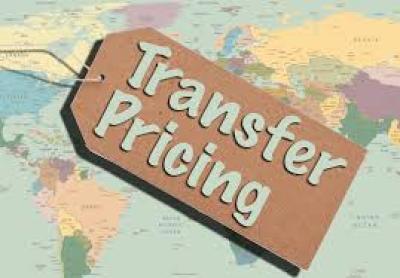Profits by foreign parent selling to local subsidiary still unseen by politicians
Transfer pricing is the main inducement for foreign companies to invest in New Zealand infrastructure. Hiding behind nominal “Kiwi” companies they have the opportunity to attain substantial profits simply through the foreign parent selling to the New Zealand subsidiary.
The outstanding example of this was the takeover of New Zealand’s railways by a group led by Wisconsin Central Transportation Corporation.
The government impression at the time was that under the operator, Wisconsin Central, there would be attained substantial economies through the United States investor sharing its investment notably in rail ferries.
These and other similar investments were indeed sourced by the overseas company. Instead of being shared, as was popularly supposed at the time, they were in fact sold at considerable margin to the New Zealand company, the subsidiary.
The background to the transfer pricing opportunity was a wave of political emphasis at the time on privatisation.
Wisconsin Central played into the free market trend constantly stressing their fine aspirations for the now unrestricted nation and its people.
The transfer pricing infrastructure opportunity currently lies with the international companies and their New Zealand subsidiaries standing by to take a similarly loftily-expressed advantage of their close-in solar power installations planned for urban settlements and their national grid links.
There is nothing illegal in transfer pricing. It is unusual only in that those who should be aware of it are either ignorant about it. Or find it hard to discuss it.
Wisconsin Central excitement meant that the shares of the by now publicly traded New Zealand operation touched almost $10.
Five years later these “long hold” shares had dropped to 30cents.
Soon after this the state had to reacquire what it should never have disposed of which is its essential rail system.
The problems of Wisconsin Central and the New Zealand railways infrastructure amounted to the absence of follow up investment following the acquisition.
These deficiencies are said to be reflected in the continuing poor state of the permanent way, the rail lines.
There is some truth in this.
The subsequent public New Zealand retake up of rail ownership and management has grappled with this while doing its best to refurbish the most obvious signs of neglect such as the railway stations .
The lesson now is just that the lesson was not learned.
Possessed of a new belief, and one rooted in popular culture, the state is again, even more enthusiastically, handing over chunks of infrastructure, the electrical one this time, to foreign companies with local subsidiaries.
Experience again shows that transfer pricing, the captive and thus profitable trading between foreign companies and their local subsidiaries, again gets a foothold during an urban class modish clamour.
The privatisation one at the end of the last century was an example and the energy supply one is the current version.

